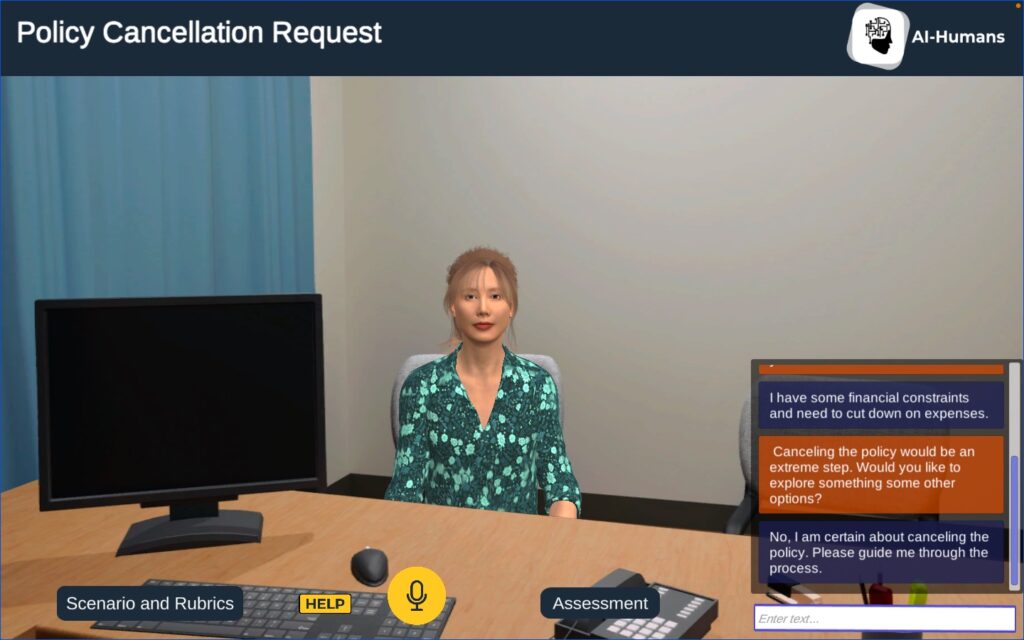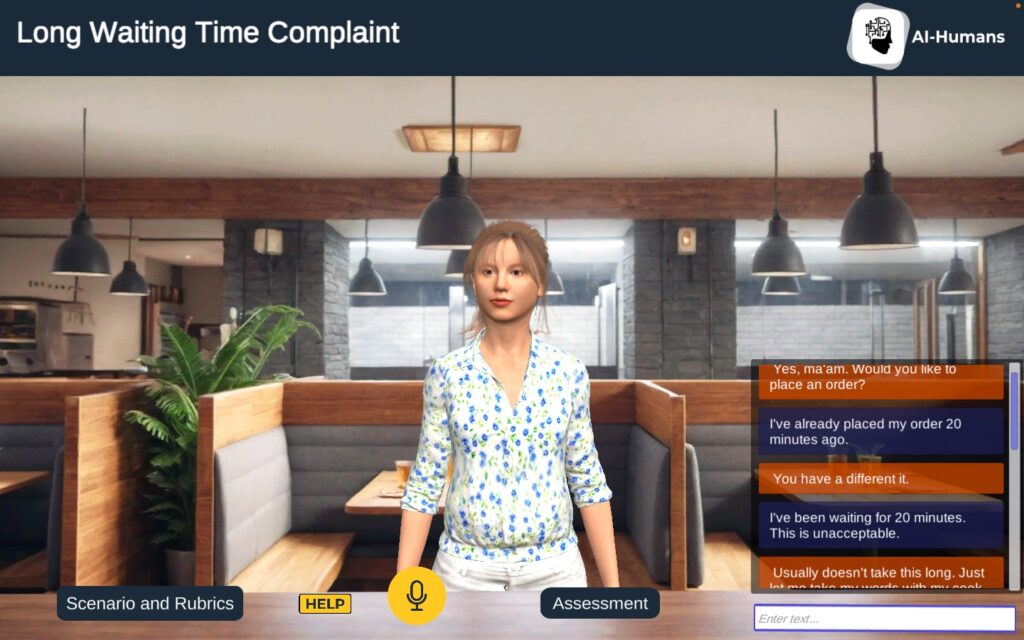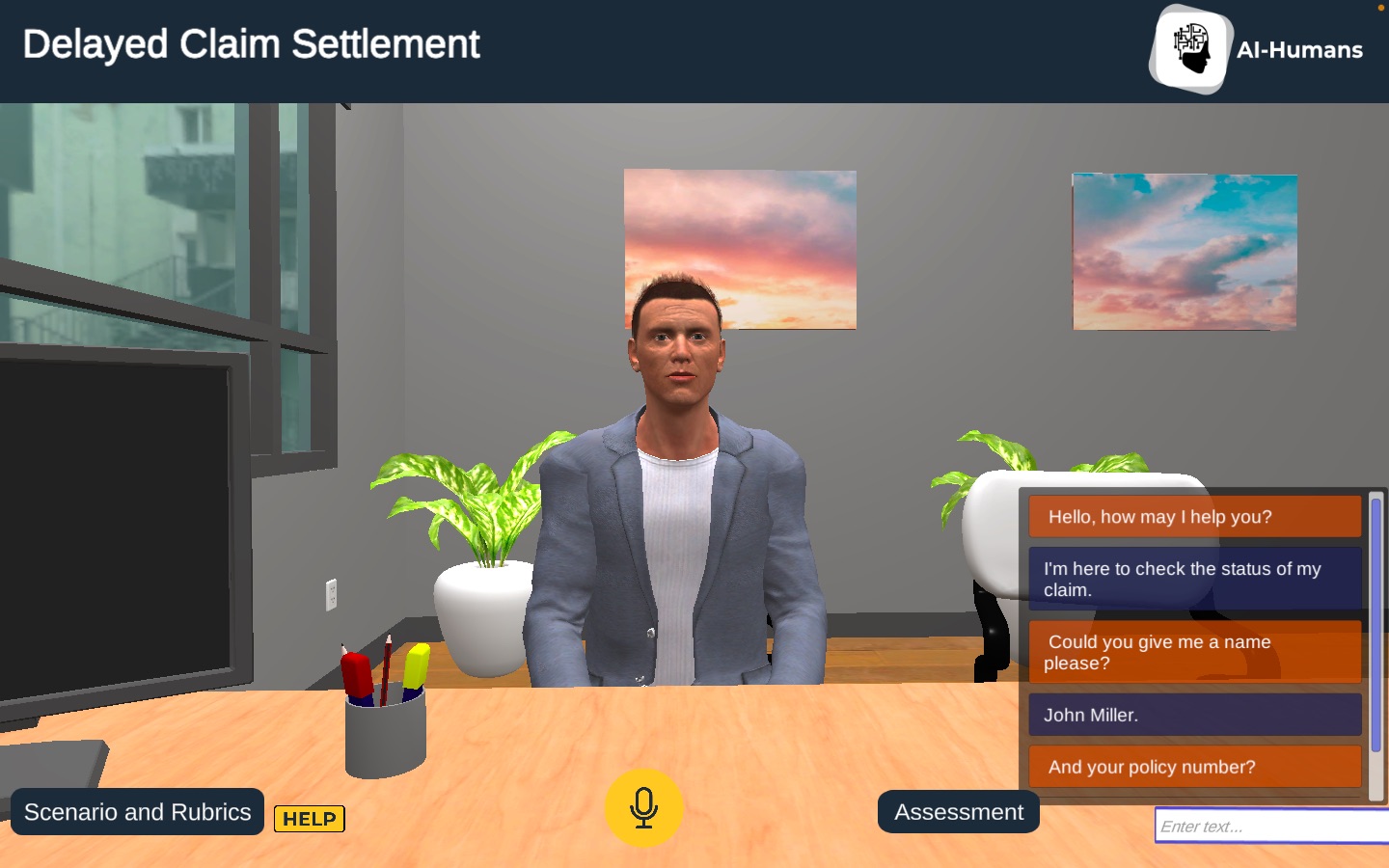What is AI? A rather silly question to ask at this age. AI is everywhere. We see it in the media we consume, the voice assistants we encounter, face recognition software, the predictive text while we write . . . and the list will go on. This makes one thing very clear. The requirement for technical skills is on the rise. However, amidst all this buzz around AI and automation, the significance of soft skills cannot be ignored. Humans will also crave the human touch. While many tasks can be delegated to AI, there will still be aspects that will call for human-to-human interaction and collaboration. This calls for striking a balance between the technical prowess brought in by AI and the human skill, especially soft skills. Which further means a growing need to invest in soft skills training.
The Role of Workplace Soft Skills in the Age of AI
Increases collaboration and teamwork: Repetitive and data driven tasks are effectively handled by AI and automation technologies. These monotonous and tedious tasks can be executed by AI excellently at all times, with no signs of burnout. With these being taken care of, the human brain is left free to concentrate its attention on the creative and complex parts of the job. Teams can spend time brainstorming ideas, communicating and collaboratively working towards coming up with creative and innovative solutions to problems. It takes no brainer to understand that when teams work cohesively, they are better placed to perform to their full potential. This in turn means improved productivity.
Better customer interaction: With the advent of AI and its integration into customer service systems, a large number of minor customer issues can be solved with a few clicks and taps. However, one cannot deny the fact that human interaction remains irreplaceable in many scenarios. Complex problems that need collaboration, interaction, an empathetic approach and personalized attention cannot be handled by AI. They need human intervention and employees equipped with soft skills to handle the matter. The satisfaction of having communicated with a human and being assured of having one’s issues resolved cannot be equaled by any AI and this serves as a significant component in gaining customer loyalty and towards developing customer relationship.
Leadership and management: With AI integrated management systems, the usual task of leaders and the management to delegate and assign tasks is now automated. With minor issues taken care of, team leaders and the management can play a more fruitful role in mentoring and inspiring their teams. They can put their leadership skills to use and create an environment that encourages learning, innovation, collaborative, creative and adaptable. Armed with skills like emotional intelligence, critical and strategic thinking, and conflict management, workplaces can see a positive transformation.

Bridging the Gap Between Technical and Soft Skills
AI is the buzzword and is being integrated into multiple sectors in a variety of ways. This in turn means a growing increase in demand for talent capable of carrying out this integration and implementation. This talent comes in the form of human brains and keeping up this demand means cultivating a healthy and capable workforce. Along with developing technical capabilities it is highly imperative to develop soft skills to effectively maneuver through the daily grind of work and life. In this era of AI, a bridge between technical expertise and soft skills is a must. A couple of measures can be adopted to achieve this.
Continues learning and development: Organizations should, or rather give priority to encourage ongoing training and development among employees. While technical skills can be seen and their effects can be witnessed in tangible terms, soft skills, as the name goes, are soft in nature. They may not be visible on the surface but play an important role in ensuring a healthy workforce that is capable of taking on challenges and pushing their limits.
Mentoring and coaching: At the workplace, a multitude of events take place. People go through a variety of experiences and each experience is added to their repository. When acting as mentors and coaches, they draw from this bank and share their valuable insights helping their prodigies benefit from their learnings. Under their guidance and their feedback, employees can improve their interpersonal skills and develop a range of skills that will propel their abilities to perform and deliver.
Fostering a collaborative environment: Skills need to be developed, encouraged and nurtured to lay the grounds for a cooperative and collaborative work environment. Along with soft skills training, an open workplace design should be encouraged and invested in to build an environment that encourages teamwork, effective communication and cross-functional collaboration. When employees from varied projects and departments interact and work together, it leads to an expansion in skills and proficiencies.
The Future of Work: A Harmonious Blend of AI and Human Skills
AI is advancing and has a long way to go. It is on the rise and at the moment none of us are aware of the heights to which it will travel. While AI continues it assent, workplaces must ensure a find blend of AI and human capabilities. AI, with its automation and perfection, can perform impeccable tasks when it comes to processing data, performing calculations and in automated services. As AI continues to advance, the future of work will increasingly rely on a harmonious blend of AI capabilities and human soft skills. Human skills like emotional intelligence and creativity will remain in the human domain.

Embracing Human-AI Collaboration: Many jobs are said to be under threat as AI takes over tasks and duties. However, what needs to be understood is that while AI is handling mundane and boring tasks, humans are free to look at the creative aspects. As a tool, AI needs to be mastered and trained to make it work according to human requirements and not the other way round. As collaborators, AI and humans can drive innovation and give shape to new products and services which can further the development goals of humans.
Encouraging growth mindset: The mindset of the workforce decides the path the organization advances on. Adopt a growth mindset and witness progress and growth. With a fixed mindset, you see stagnation or decline. AI cannot think for itself, but the thinking mind of the humans can adopt a growth mindset and encourage employees to face challenges and relentlessly work towards improved outcomes, no matter what the field one works in, and rapidly adapt to changes being brought about by the introduction of AI and automation.
As AI technologies continue to evolve, the ability to communicate effectively, work collaboratively, and demonstrate empathy will become increasingly valuable. By investing in the development of soft skills and fostering a culture of continuous learning and collaboration, organizations can create a future workforce that is well-equipped to harness the full potential of AI, driving innovation and success in the digital age.
AI-Humans is a SaaS-based platform that enables trainers to develop AI-powered soft skill training solutions within minutes. While all technical aspects of creating these AI-powered scenarios have been taken care of by the team, trainers can devote all their attention towards giving shape to highly effective and relevant training and provide learners with engaging and immersive training opportunities. Practicing soft skills is the best way to learn and this is precisely what AI-Humans is providing.

